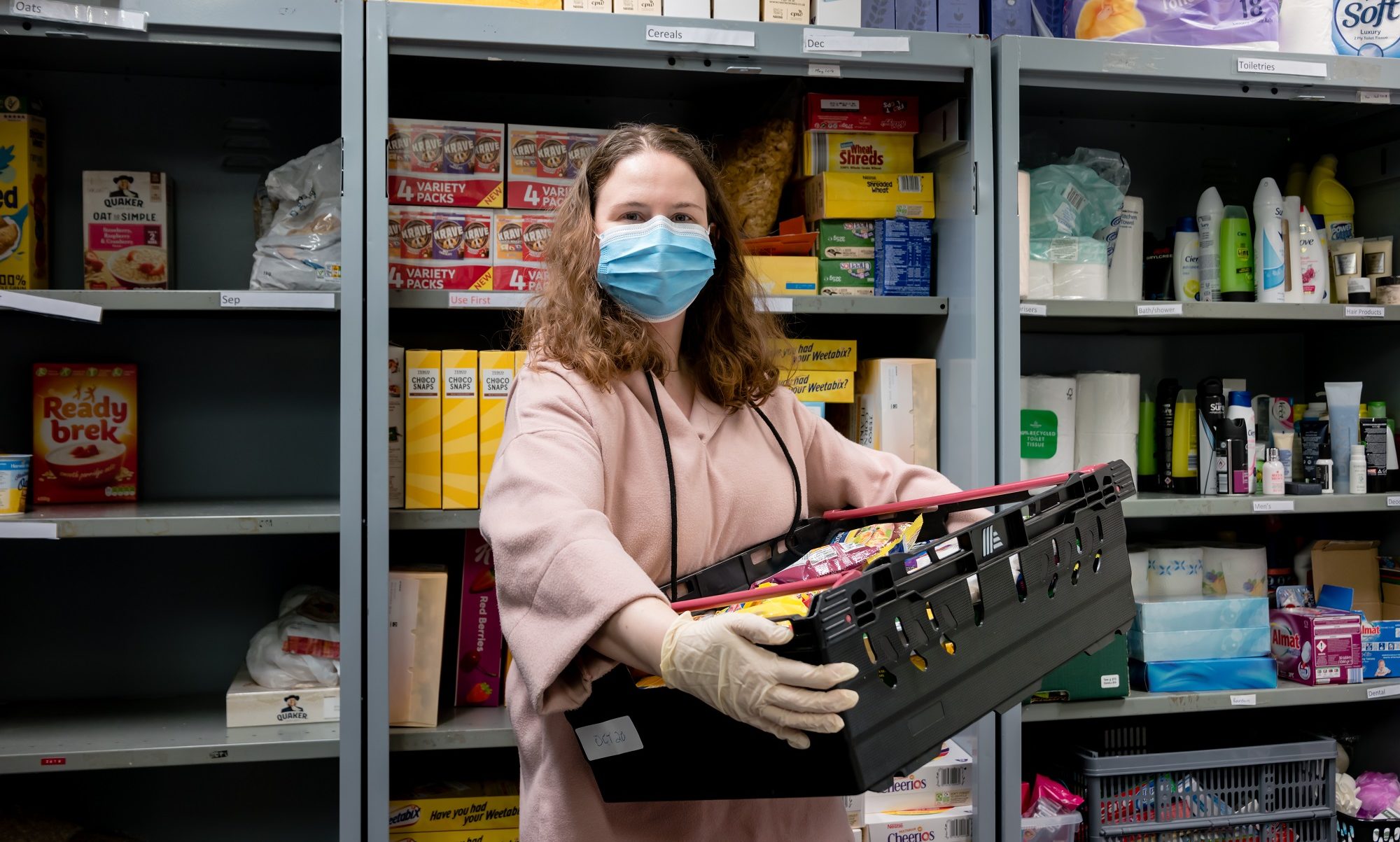The Project

Research funded by the Economic and Social Research Council (ESRC), as part of UK Research and Innovation’s rapid response to COVID-19
Introduction to the Project
Across the UK the COVID-19 pandemic has transformed the landscape of ‘voluntary action’. This project reviews, analyses and evaluates the state-and non-state supported volunteer responses to the crisis. There is an imperative to understand how voluntary action is responding to pre-existing need, and need that has emerged during the crisis. The findings will help guide the UK volunteer effort to support the national recovery and preparedness for future crises. This study will allow for a better understanding of what worked well and what was less successful, and whether the learning is transferable and under what conditions/circumstances.
Research questions and methodology
The key research questions are:
- In what ways do the voluntary action policy frameworks adopted by the four nations in response to COVID-19 differ? And how effective are they?
- Who has responded to the call to volunteer during the COVID-19 pandemic? Has the profile of volunteers changed (intersectionality)? How can we sustain the involvement of new volunteers beyond the pandemic?
- Are there examples of good practice for voluntary action to support communities and individuals in times of crisis? In what ways can good practice be shared? And are they transferable across the jurisdictions?
Mixed methods
A mixed methods approach is being employed to focus on the policy and organisational responses to coordinating and managing volunteers over the course of the pandemic. The project involves four key data collection activities, these include 1) policy document analysis, 2) interviews, 3) analysis of volunteer management app data 4) a UK-wide call for evidence.
- Policy document analysis: The team are identifying and assembling relevant policy documents (2016- 2021) on pandemic planning from parliamentary debates, scrutiny committees etc. in each jurisdiction; plus relevant press releases, web-pages from voluntary organisations, government agencies and other stakeholders from previous pandemic planning. These documents will be analysed using discourse analysis to establish points of difference and similarity across different policy contexts.
- Interviews: Our team will interview key partners from the devolved administrations to reflect on the policy context in each jurisdiction. The interview data will complement and supplement the policy analysis to establish the efficacy of voluntary action policy frameworks.
- Analysis of volunteer management app data: our team are working in partnership with a number of volunteer involvement digital platform operators (including Team Kinetic and BeCollective) to extract anonymised demographic and deployment data. This data will be used to reflect on the changes in the nature of volunteering and the volunteer cohort over the course of the pandemic.
- UK-wide call for evidence: A UK-wide call for evidence will be launched to map the changing landscape of voluntary action during the pandemic. The call for evidence will be facilitated via an online survey. The survey will ask respondents to reflect not only on the surge in certain types of voluntary action, but also to comment on the projects/organisations that have closed or paused as a result of the pandemic.
Common Conceptual Framework
The project proposal was co-designed by the core project team. To ensure that the team developed a shared understanding of key concepts, a common analytical framework was developed. The Theory of Change model is a basic theory-based evaluation technique that was collaboratively developed at the project outset, with input from all team members and the project advisory panel. The Theory of Change will act as a vehicle to drive forward the project and will be regularly reviewed and amended as the project develops. To read more about the approach read the first working paper.
The Project Team
The research is being conducted by a UK-wide team of academics and the four key sector infrastructure bodies in each nation.
Our core team includes:
Irene Hardill (Northumbria University), Jurgen Grotz (UEA), Nick Acheson (consultant and retired academic, Trinity College Dublin and Ulster University), Laura Crawford (Northumbria University), Denise Hayward (Volunteer Now), Eddy Hogg (University of Kent), Joanna Stuart (NCVO), Rhys Dafydd Jones (Aberystwyth University), Matthew Linning (Volunteer Scotland), Sally Rees (WCVA), Alasdair Rutherford (Stirling University) and Ewen Speed (University of Essex). Click here to learn more about our core team.
The team is supported by Chris Martin of TeamKinetic, Belen Satorre of Be Collective and Rahel Spath of SocStats.
The Project Advisory Panel
The core team is supported by a Project Partner advisory panel (comprising professional networks, organisations, and related ESRC investments). The panel members include:
Dr Georgina Brewis (UCL); Professor Paul Chaney (WISERD); Sally Dyson (National Association of Voluntary Services Managers); Dr Angela Ellis Paine (TSRC and Voluntary Sector Studies Network); Sarah Latto (Scottish Volunteering Forum); Ruth Leonard (Association of Volunteer Managers); Dr Sarah Mills (Loughborough University); Wendy Osborne (International Association of Volunteer Effort); Colin Rochester (Voluntary Action History Society); Allison Smith (Royal Voluntary Service); Ian Stevenson (Gateshead Council); Claire Thomas (Bevan Foundation); Chris Wade (Network of National Volunteer-Involving Agencies); and Paul Wilson (Volunteer Edinburgh). The Project Partner Advisory Panel is chaired by Baroness Scott of Needham Market.


